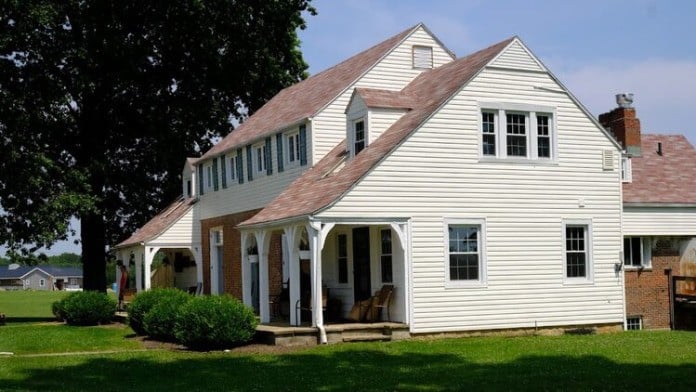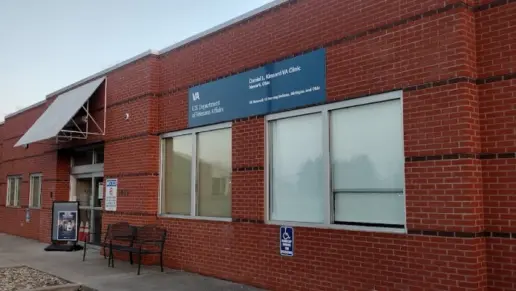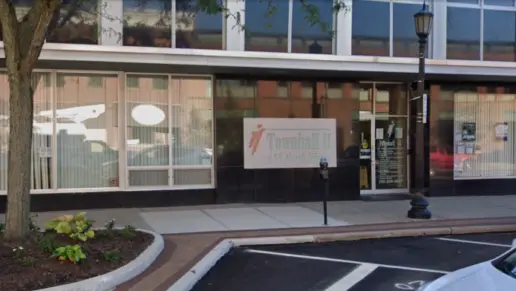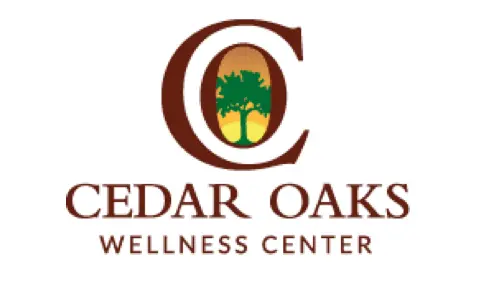God and this place saved my life. Operation 612 helped get my life on track with God, wife, kids and family. This place has great people and I made many friends (brothers). 612 has given me support and love I needed. This place is not for people who don't want to work a prog ...
About Operation 6:12
Located in Sugarcreek, Ohio, Operation 6:12 is a faith based residential treatment center for adults in addiction recovery. They offer separate residences for men and women. Recovery treatment includes a work program, discussion groups, Bible studies, and biblical counseling. The program can house up to 10 men and 10 women at one time.
The women’s residential program allows female clients to socialize with their peers and work on their recovery in a supportive, sober setting. In addition to attending treatment, clients will share household and yard maintenance duties. The facility is located 10 minutes outside of Sugarcreek, surrounded by farmland, to provide a peaceful setting conducive to healing.
The men’s residential program is surrounded by farms in Ohio Amish country. The homestead includes farm animals and offers relative isolation. Cell phones are prohibited, and television viewing is limited. You’re encouraged to interact with others, study, work, read, write, and take walks on the property.
At both facilities, you’ll participate in an addiction treatment curriculum known as Life Alignment. This is a specialized counseling approach that combines counseling and Biblical principles. Education sessions focus on providing strategies for participants to identify, understand, and ultimately surrender destructive behavior patterns. The program includes group sessions and individual sessions with a licensed addiction counselor. In addition to following individualized treatment plans, you’ll participate in a work program to help cover the cost of your stay. This also allows you to gain skills, strengthen your work ethic, build resumes, and develop independence and discipline. Often, jobs that participants acquire continue beyond the program.
Church attendance is another aspect of residential treatment. The facility operates its own church, called Church at the Barn. Current clients, their families, and graduates of the program make up the congregation. Activities include church services, baptisms, weddings, holiday celebrations, and fellowship meals. Church at the Barn members are divided into smaller groups that meet weekly to discuss life and spiritual issues and support one another. Larger discussion groups meet monthly. During these Bible studies, you’re encouraged to study the scriptures and apply lessons learned to their life challenges. Operation 6:12 invites pastors and other community leaders to teach and make connections with the participants.
Operation 6:12 is free for participants, so no insurance coverage is required. However, providers may need to make referrals to outside, community-based services for additional recovery support. If this occurs, those entities may be in-network with most major insurance providers. Out of network benefits can vary so confirm your coverage with your individual provider.
Rehab Score
Gallery

Location
Other Forms of Payment
Self-pay involves paying for treatment out of your own pocket. You can use savings or credit, get a personal loan, or receive help from family and friends to fund your treatment. If you don't have insurance or your insurance plan doesn't cover a specific program, self-pay can help ensure you still get the care you need.
Medicare is a federal program that provides health insurance for those 65 and older. It also serves people under 65 with chronic and disabling health challenges. To use Medicare for addiction treatment you need to find a program that accepts Medicare and is in network with your plan. Out of pocket costs and preauthorization requirements vary, so always check with your provider.
Medicaid is a state based program that helps lower-income individuals and families pay for healthcare. Medicaid covers addiction treatment so those enrolled can use their coverage to pay for rehab. When a program accepts Medicaid the client often pays very little or nothing out of their own pocket.
Addiction Treatments
Levels of Care
Treatments
The goal of treatment for alcoholism is abstinence. Those with poor social support, poor motivation, or psychiatric disorders tend to relapse within a few years of treatment. For these people, success is measured by longer periods of abstinence, reduced use of alcohol, better health, and improved social functioning. Recovery and Maintenance are usually based on 12 step programs and AA meetings.
Drug rehab in Ohio provides comprehensive treatment to address the physical and psychological needs of those struggling with substance use disorders. This may involve inpatient and/or outpatient care.
A combined mental health and substance abuse rehab has the staff and resources available to handle individuals with both mental health and substance abuse issues. It can be challenging to determine where a specific symptom stems from (a mental health issue or an issue related to substance abuse), so mental health and substance abuse professionals are helpful in detangling symptoms and keeping treatment on track.
Opioid rehabs specialize in supporting those recovering from opioid addiction. They treat those suffering from addiction to illegal opioids like heroin, as well as prescription drugs like oxycodone. These centers typically combine both physical as well as mental and emotional support to help stop addiction. Physical support often includes medical detox and subsequent medical support (including medication), and mental support includes in-depth therapy to address the underlying causes of addiction.
Programs


Clinical Services
Group therapy is any therapeutic work that happens in a group (not one-on-one). There are a number of different group therapy modalities, including support groups, experiential therapy, psycho-education, and more. Group therapy involves treatment as well as processing interaction between group members.
In individual therapy, a patient meets one-on-one with a trained psychologist or counselor. Therapy is a pivotal part of effective substance abuse treatment, as it often covers root causes of addiction, including challenges faced by the patient in their social, family, and work/school life.
Research clearly demonstrates that recovery is far more successful and sustainable when loved ones like family members participate in rehab and substance abuse treatment. Genetic factors may be at play when it comes to drug and alcohol addiction, as well as mental health issues. Family dynamics often play a critical role in addiction triggers, and if properly educated, family members can be a strong source of support when it comes to rehabilitation.
Life skills trainings involve all the skills a person must have in order to function successfully in the world. These include time management, career guidance, money management, and effective communication. Truly successful addiction recovery is based on the ability to not only live substance-free, but to thrive. Life skills teaches the practical necessities of functioning in society, which sets clients up for success in life, and therefore sobriety.
Nutrition therapy helps with detox and drug rehab treatment in Ohio. This treatment gives you the skills you need to develop healthy eating habits, which help you recover more quickly and maintain long term sobriety.
When you quit smoking, your body experiences withdrawal because it's not used to the absence of nicotine. When you use nicotine replacement therapy in Ohio, you get controlled amounts of nicotine to ease these symptoms without the negative effects of the other chemicals found in cigarettes.
Amenities
-
Private Setting
Staff

Executive Director

Co Executive Director

Peer Counsel

Director of Women Facility

Director of Public Realations
Contact Information
2270 Co Road 70
Sugarcreek, OH 44681


